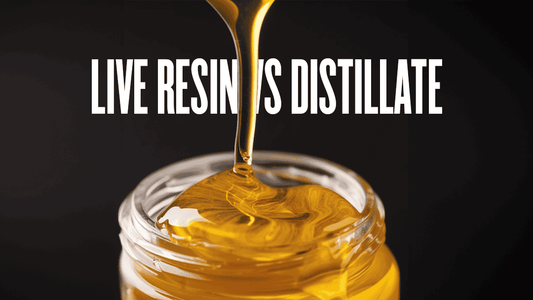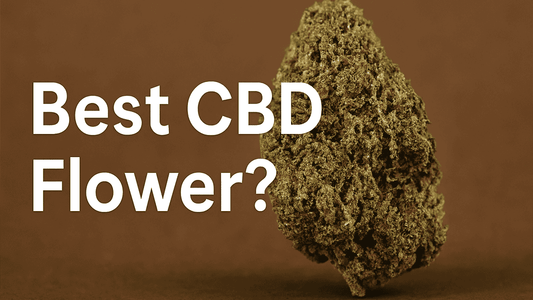A recent report unveiled that Hong Kong authorities plan to ban CBD products from amending legislation to include CBD as a dangerous drug.
What Was The Legal Status Of CBD In Hong Kong

Vendors have been selling CBD products in Hong Kong for several years despite the eligibility of those products being ambiguous. The common belief was that CBD products that contained 0% THC were legal in Hong Kong as Hong Kong maintains a zero-tolerance policy for THC.
The problem is that many CBD products contain trace levels of THC. So despite vigorous lab testing, there's always a chance that a tiny percentage of THC will emerge in a CBD product. Even if the level of THC is so little that it wouldn't cause intoxication, this could deem a CBD product illegal in the eyes of Hong Kong authorities.
Why Are Hong Kong Authorities Banning CBD Products?

Talks of a CBD ban come after reports announced that Hong Kong authorities staged a citywide operation that confiscated 25,000 CBD items valued at $1.87 million. The products ranged from CBD oils to CBD skincare products and even CBD pet foods, stocked at warehouses owned by well-established retail chains. In addition, the Hong Kong Customs and Excise Department have been questioning several shipments of CBD products and importers regarding products that contain trace levels of THC.
Since 2019, Hong Kong agencies have staged 120 operations covering restaurants, shops, warehouses and boundary control points. They seized products such as food, health supplements, oral oil, vapes, skincare etc. After testing them at government laboratories, authorities found that 3,800 products contained some level of THC, making them illegal.
Are Other Countries Following Hong Kong?

The news of a CBD ban from Hong Kong is somewhat alarming, as they fear that CBD can be a risk to society goes against the findings of leading scientists.
The World Health Organization concluded that, in its pure state, cannabidiol does not appear to have abuse potential or cause harm. Therefore, it would make a lot more sense for Hong Kong to ban CBD products that contain THC than to enforce a blanket ban on all CBD products just because CBD is distilled from an extract that contains THC.
Fortunately, most developed countries are taking a different approach to CBD. For example, the United States introduced the Farm Bill in 2018, strengthening hemp cultivation laws and allowing for hemp grown with a maximum level of 0.3% THC. As a result, the Farm Bill has permitted the US CBD market to flourish, with plenty of exciting products that people find much success using.
In 2020, the UK began regulating CBD products under the Novel Foods initiative. A much more strict and regulated approach to CBD legislation, rather than banning all CBD products, looks to create a narrow range of products that can be deemed legal in the country. Thankfully, this has no banned CBD products in the UK, but it has made the offering of CBD products found in shops rather bland compared to what is available in the US.

 4.6 Rating. Excellent.
4.6 Rating. Excellent.




